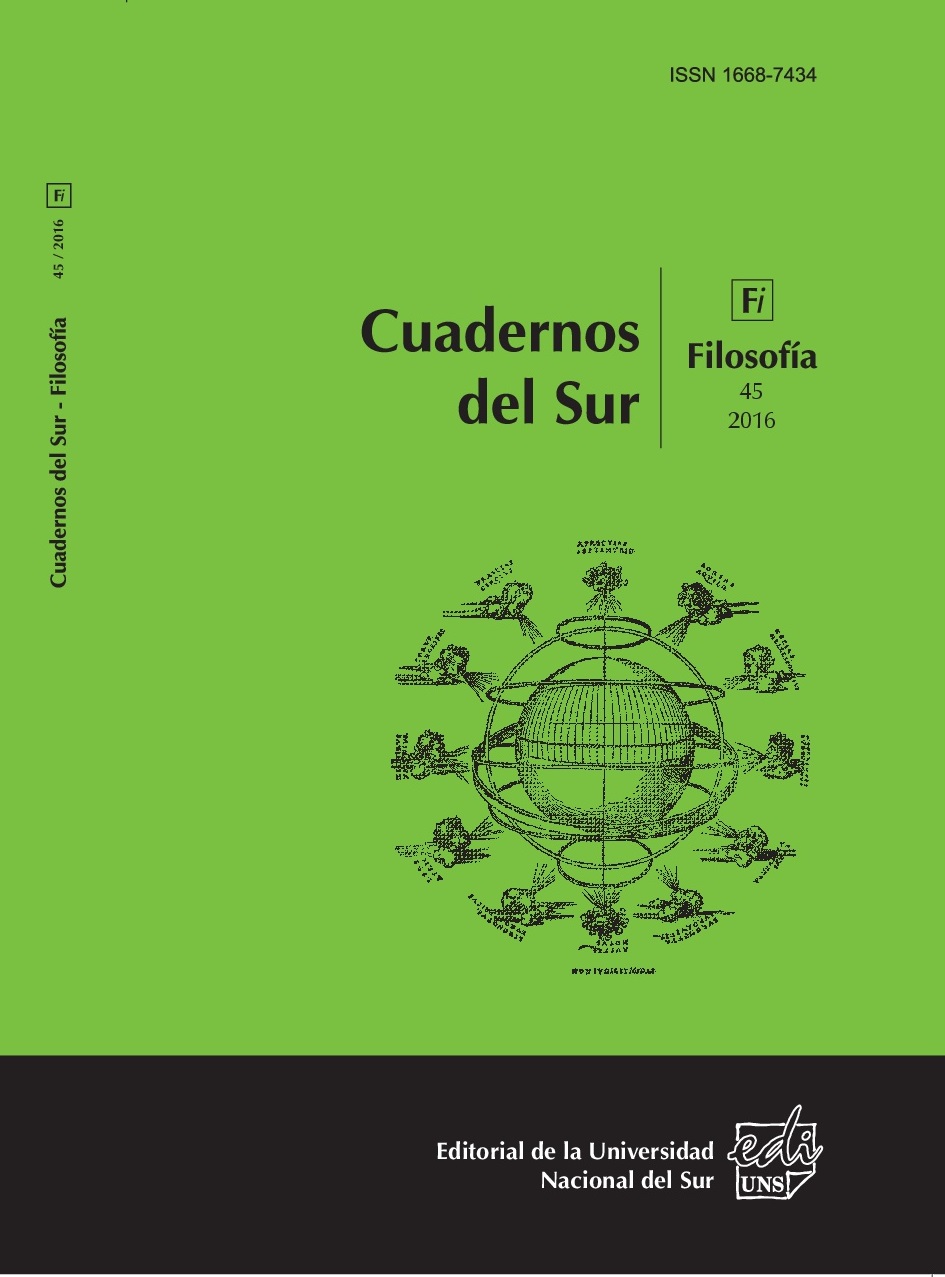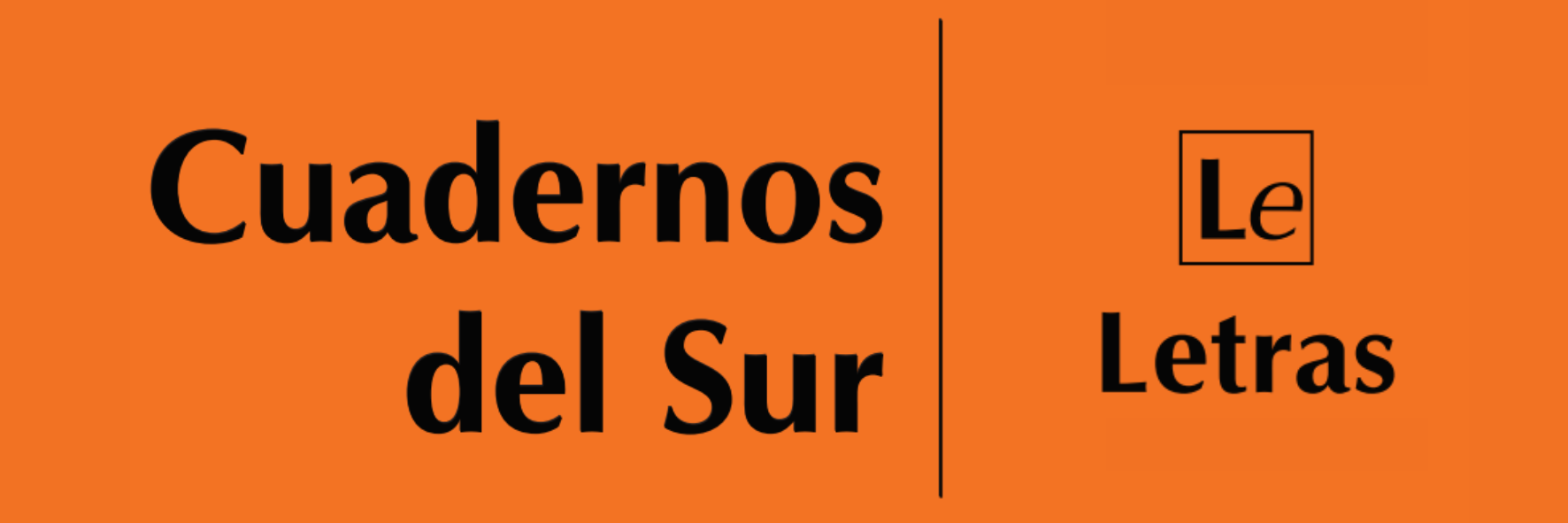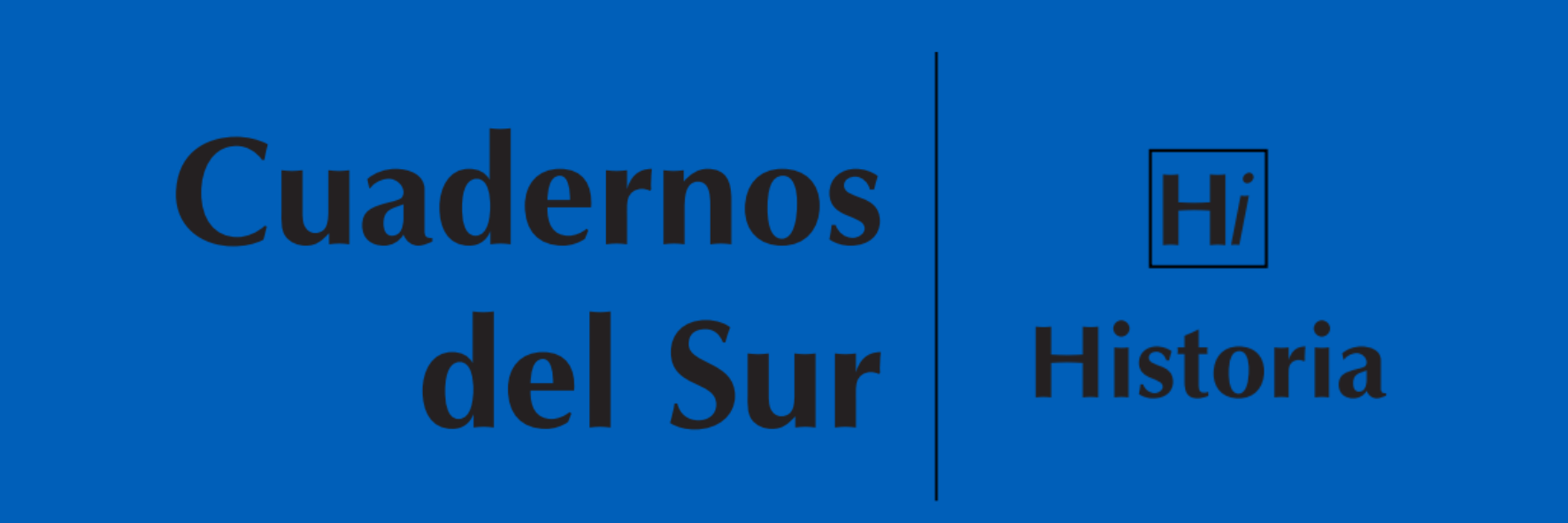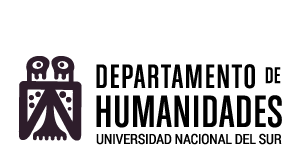El paradójico estatus del número y la figura en la filosofía de Spinoza
Keywords:
figure, number, truthAbstract
The explanation of the origin of the number and the figure offered by Spinoza in some of his texts places mathematical entities in the lowest segment of the kinds of knowledge, that is, that of the imaginative knowledge. However, in another group of texts, Mathematics continues being the paradigm of rational knowledge. This situation is another variation of the problematic relation between imagination and understanding in Spinoza’s philosophy. In the present article we try to clarify Spinoza’s conception of the number and the figure in order to find a satisfactory way out of the mentioned paradoxical situation. With this purpose, on the one hand, we describe the Spinoza’s vision of number and figure as imaginative entities and, on the other hand, we contrast this vision with that of Mathematics as an ideal of rational knowledge. Then, we critically examine some attempts to overcome this paradox. Finally, we expose our interpretation, which is based on two key points: the complementarity of imagination and understanding, and the internalist theory of truth.
Downloads
References
Spinoza, Baruch (1925), Opera, 4 vols., Heidelberg, Carl Winter [edición de Carl Gebhardt].
Spinoza, Baruch (1988), Correspondencia, Madrid, Alianza, [traducción, introducción y notas de Atilano Domínguez].
Spinoza, Baruch (1988), Tratado de la reforma del entendimiento. Principios de filosofía de Descartes. Pensamientos Metafísicos, Madrid, Alianza [traducción, introducción y notas de Atilano Domínguez].
Spinoza, Baruch (2000), Ética demostrada según el orden geométrico, Madrid, Trotta [traducción de Atilano Domínguez].
Curley, Edwin M. (1973), “Experience in Spinoza’s theory of knowledge”, en Grene, Marjorie (ed.), Spinoza: a collection of critical essays, Garden City, Doubleday-Anchor Press, pp. 25-59.
Della Rocca, Michael (2008), Spinoza, Nueva York, Routledge.
Floistad, Guttorm (1973), “Spinoza’s theory of knowledge in the Ethics”, en Grene, Marjorie (ed.), Spinoza: a collection of critical essays, Garden City, Doubleday-Anchor Press, pp. 101-127.
Garrett, Don (1990), “Truth, method and correspondence in Spinoza and Leibniz”, Studia spinozana, vol. 6, pp. 11-43.
Gueroult, Martial (1968), Éthique I, Dieu, París, Aubier.
Gueroult, Martial (1974), Éthique II, L’âme. París, Aubier.
Nadler, Steven (2006), Spinoza’s Ethics. An introduction, Nueva York, Cambridge University Press.
Parkinson, George Henry Radcliffe (1954), Spinoza’s theory of knowledge, Oxford, Clarendon Press.
Parkinson, George Henry Radcliffe (1973), “Language and knowledge in Spinoza”, en Grene, Marjorie (ed.), Spinoza: a collection of critical essays, Garden City, Doubleday-Anchor Press, pp. 73-100.
Parkinson, George Henry Radcliffe (1978), “‘Truth is its own standard’: aspects of Spinoza’s theory of truth”, en Shahan, Robert W. y Biro, John I. (eds.), Spinoza: new perspectives, Norman, University of Oklahoma Press, pp. 35-55.
Radner, Daisy (1971), “Spinoza’s theory of ideas”, The philosophical review, vol. 80, pp. 338-359.
Yakira, Elhanan (1990), “What is a mathematical truth?”, Studia spinozana, vol. 6, pp. 73-101.
Downloads
How to Cite
Issue
Section
License
Copyright (c) 2018 Mario A. Narváez

This work is licensed under a Creative Commons Attribution-NonCommercial 4.0 International License.
Aquellos autores/as que tengan publicaciones con esta revista, aceptan los términos siguientes:- Los autores/as conservarán sus derechos de autor y garantizarán a la revista el derecho de primera publicación de su obra, el cuál estará simultáneamente sujeto a la licencia Atribución-No Comercial 4.0 Internacional CC BY-NC 4.0.
- Los autores/as podrán adoptar otros acuerdos de licencia no exclusiva de distribución de la versión de la obra publicada (p. ej.: depositarla en un archivo telemático institucional o publicarla en un volumen monográfico) siempre que se indique la publicación inicial en esta revista.
- Se permite y recomienda a los autores/as difundir su obra a través de Internet (p. ej.: en archivos telemáticos institucionales o en su página web) una vez publicado su trabajo, lo cual puede producir intercambios interesantes y aumentar las citas de la obra publicada. (Véase El efecto del acceso abierto).








